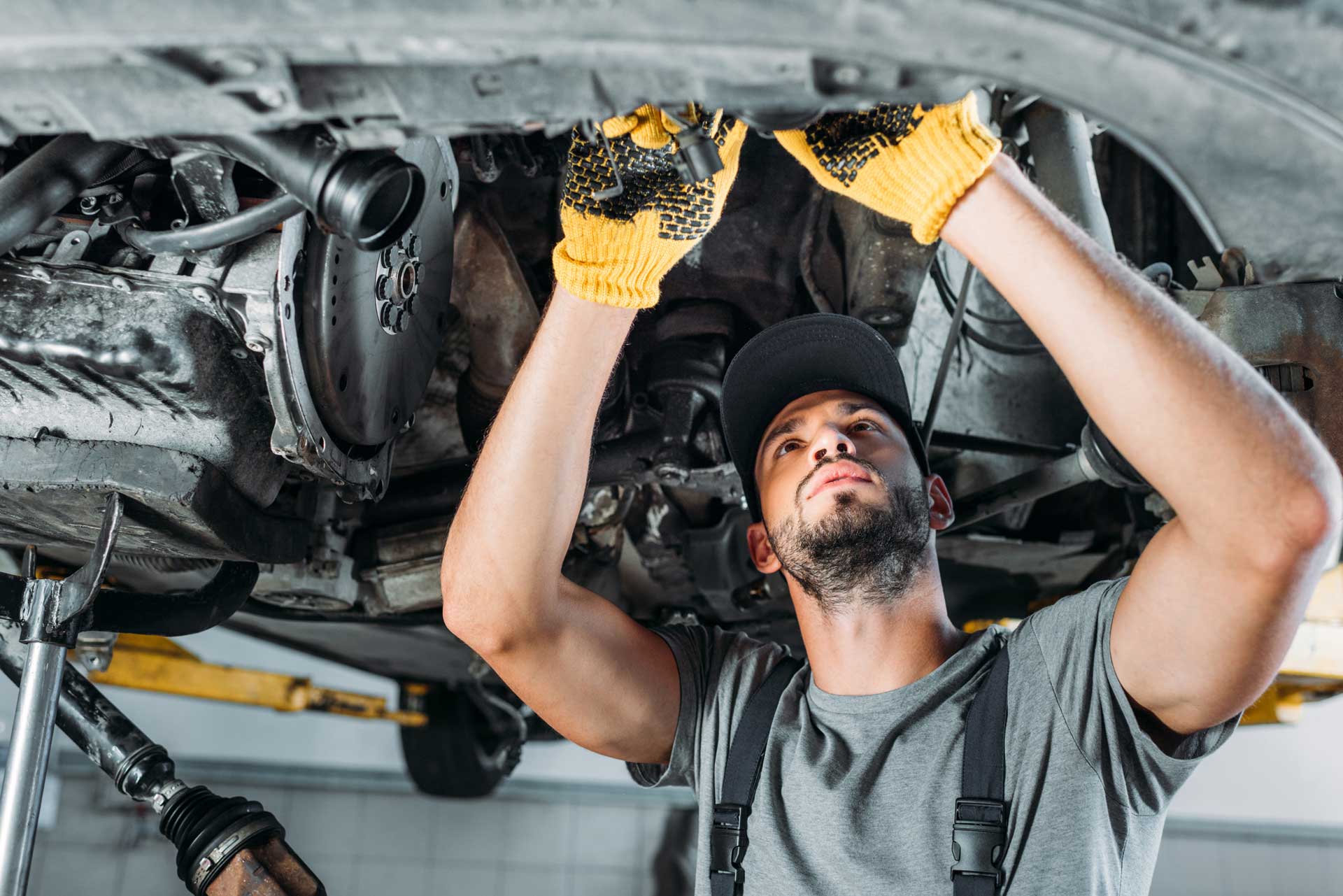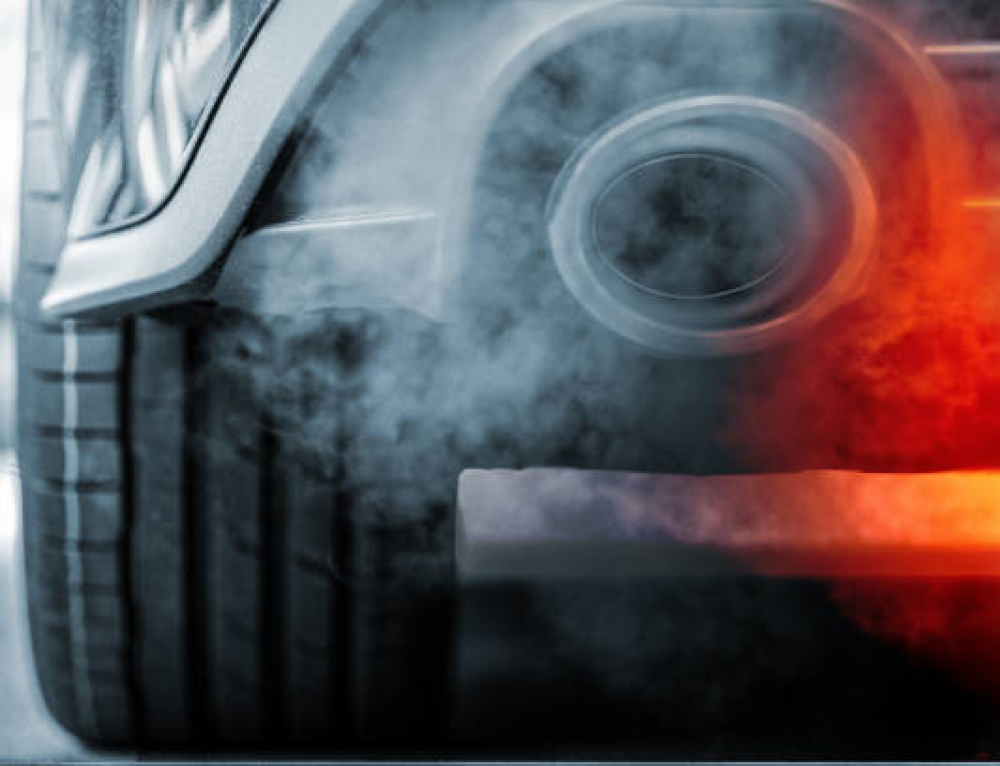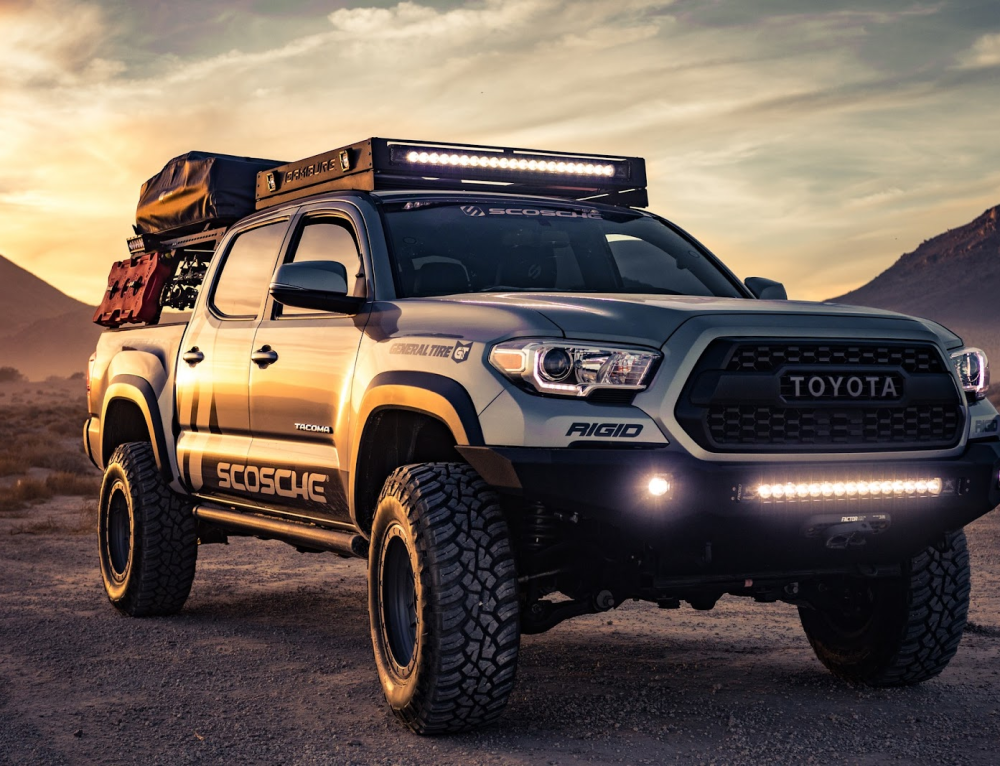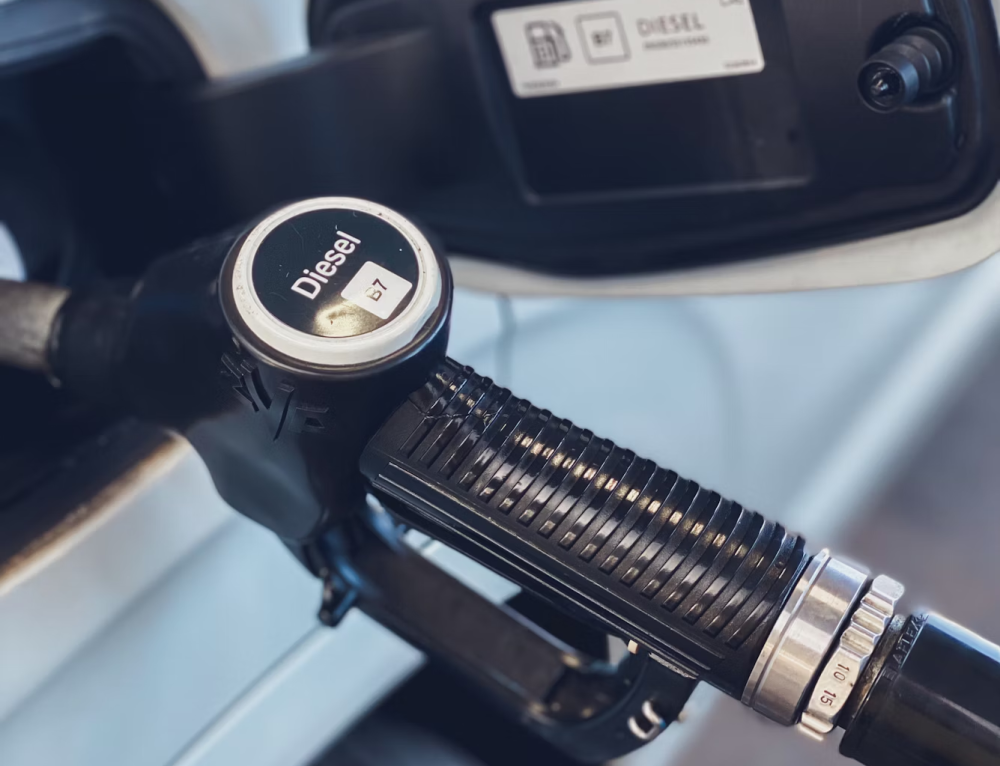Have you ever considered the differences between a diesel engine car vs gasoline engine car? Beyond the obvious distinction of pulling up to separate pumps at the gas station, the engines in these vehicles operate quite differently. This variance in engine mechanics also translates to their maintenance requirements. Since diesel and gasoline engines are built differently, their upkeep demands are unique as well.
Understanding these differences can help you make informed decisions about which type of vehicle suits your needs best.
In this article, we outline the difference between maintaining your diesel engine compared to a gasoline car. If you were a gasoline car owner and recently converted to owning a diesel engine, this will teach you what to unlearn to maximize the performance of your vehicle.
Understanding the nuances of a diesel engine car vs gasoline engine car is crucial, as the maintenance requirements, fuel efficiency, and overall performance differ significantly between the two. By recognizing these differences, you can ensure your diesel engine operates at its best.
How to Maintain a Diesel Engine Car vs Gasoline Engine Car
The maintenance of a car covers many elements beyond the common oil change and filter. Many other parts wear out over the life of the car, and proper maintenance often prevents costly breakdowns to a great extent. When comparing a diesel engine car vs gasoline engine car, the differences in maintenance requirements become particularly important to understand.
We will analyze the differences between the maintenance required by a car with a diesel engine and a car with a gasoline engine.
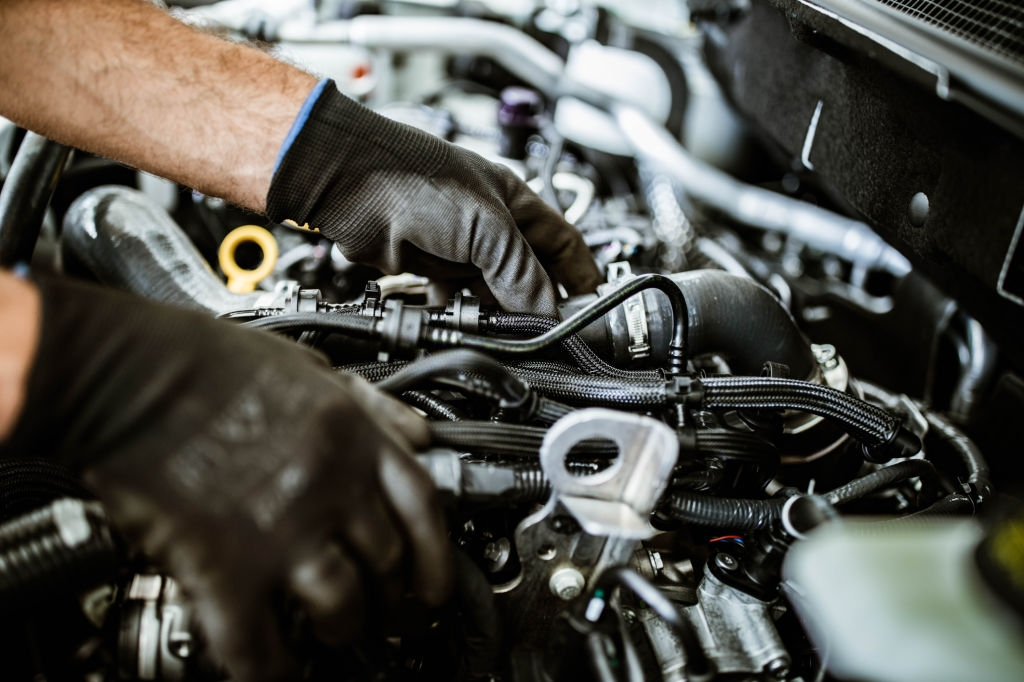
Engine maintenance
The engine overhaul is the most common maintenance that is usually done on cars every certain period of kilometers. In both cases, the oil and the different filters are changed, but the main differences focus on the constant change of the fuel filter in the case of a diesel engine car, while in a gasoline engine car, this filter is secondary. When comparing a diesel engine car vs gasoline engine car, it’s important to note that diesel engines often require more frequent attention to the fuel system due to their design and the nature of diesel fuel.
In diesel, their periodic replacement is very important since the high-pressure direct injection systems, as well as the injection pumps, are elements of extremely high mechanical precision and a very high cost of repair or replacement. So make sure with each change of fuel filter that the injection circuit will not reach impurities that could damage the system, it is vital to ensure its longevity and correct operation.
Continuing with Diesel engines, each check should check the glow plugs or glow plugs, which preheat the fuel to help the engine start correctly.
Gasoline engines, on the other hand, require periodically checking the thickness between the spark plug electrodes, in order to ensure a correct spark gap and therefore a correct engine operation. In case of not presenting a correct appearance, the entire set must be replaced. Also, check that they are not encrusted with oil residues or charcoal.
Regarding the types of oil used, the most modern Diesel engines are equipped with Anti-Particulate Filters, so the oil must be specific for this type of system and have the approval of the vehicle manufacturer.
On the other hand, we have the engine belts, both the Accessories and the Distribution belts. In the case of accessory belts, maintenance does not differ depending on the type of motor. It is usually replaced together with the timing belt or in case of disassembly for an intervention. In any case, if it shows abnormal wear or cracks it must also be replaced.
In the case of timing belts, things already differ much more. In the older Diesel engines, their replacement had to be done between 90,000 and 120,000 km, while today thanks to Common Rail technologies their life is extended until after 200,000 km, even being changed every 240,000 km. In the case of gasoline engines, its replacement is still recommended between 120,000 km and 150,000 km, depending on the manufacturer.
This is one of the key differences when comparing a diesel engine car vs gasoline engine car. In the event that the distribution was controlled by a metal chain, there are no maintenance differences between different types of engines.
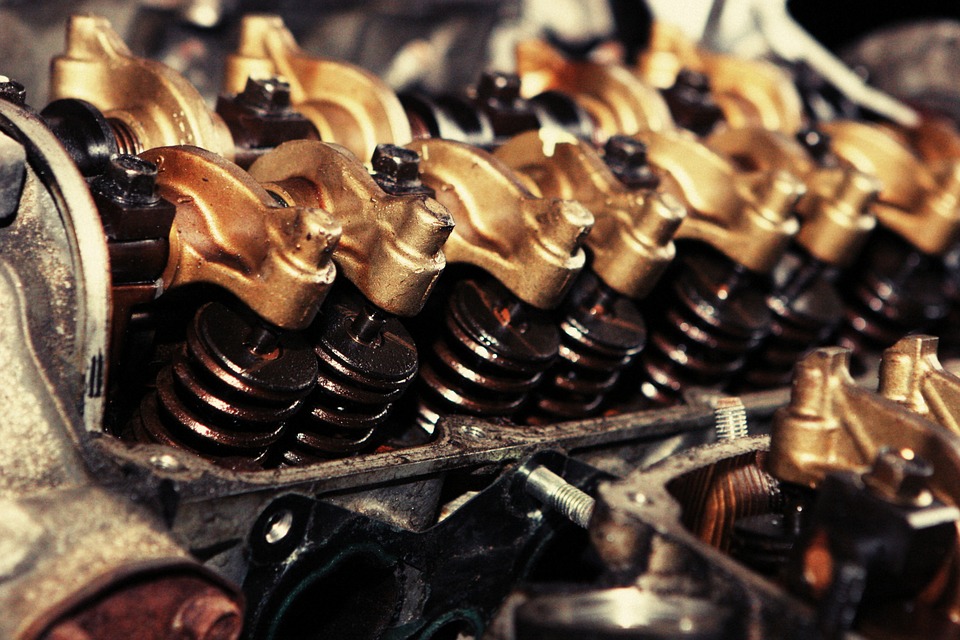
In the case of anti-pollution systems, the maintenance of a diesel engine car vs gasoline engine car comparison shows that the Diesel is far superior to that of a Gasoline. As we previously explained, Diesel engines equipped with Particulate Filters eventually end up blocking said filters, which is why some manufacturers require a special additive that, when injected together with the fuel, “burns” these residues and thus cleans the Anti-Particulate Filters.
This additive liquid must be refilled every certain time, depending on whether the use of the vehicle is mostly urban or mixed. When considering a diesel engine car vs gasoline engine car, this maintenance aspect is an important factor to keep in mind.
Another aspect of diesel maintenance is cleaning the EGR (Exhaust gas recirculation) valves or the recirculation of exhaust gases. This system derives part of the exhaust gases from the engine back to the intake to be re-burned and eliminate a small part of the solid particles, but consequently, these valves eventually fill up with carbon, clogging and causing erratic operation. engine, so cleaning it every 100,000km (or less if it works on an urban cycle) is highly recommended.
For their part, gasoline engines do not require special attention in anti-pollution systems, although due to the nature of the exhaust gases and their reaction with the condensation of ambient humidity that occurs in the exhaust, it can corrode and break.
Transmission maintenance
After seeing the differences in the engine, we will move on to the transmission. The clutches of cars with Diesel engines tend to tire less and last longer, since the very high torque offered by these engines means that we have to change gear less often, and use less of the clutch. And, above all, when starting from a standstill, we do not need to rev the engine so much to get the car moving.
Due to the opposite effects, the clutches of a gasoline engine tend to last fewer kilometers. In contrast, Diesel cars and their clutch systems have other maintenance. The so-called dual-mass engine flywheels. They tend to break much earlier in a Diesel than in gasoline, since, as we mentioned, the bulky engine torque of a diesel makes this element of the transmission work much more intensely.
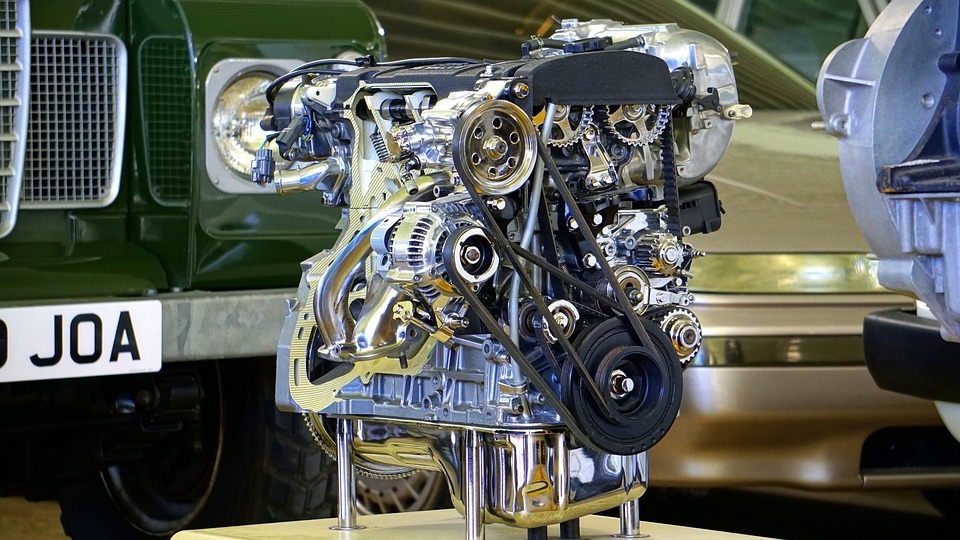
Maintenance of the braking system
Finally, the braking system also requires different maintenance depending on the type of engine the car uses. Since Diesel engines weigh more, cars with these engines tend to be a few kilos above those of Gasoline, so the braking force must be higher and therefore, the wear of discs and pads, in the long run, is higher in a Diesel than a Gasoline.
These are the common differences in maintaining your diesel engine vs gasoline engine. Do well to take note of these and when in doubt, call a diesel engine technician.
Frequently Asked Questions
What are the key differences in maintenance for a diesel engine car vs gasoline engine car?
The primary differences lie in fuel system upkeep, oil requirements, and the maintenance of specific engine components. Diesel engines require more frequent fuel filter changes and special attention to glow plugs, while gasoline engines need periodic checks on spark plugs and their spark gap.
Which is more cost-effective to maintain: a diesel engine car vs gasoline engine car?
The maintenance cost for a diesel engine car can be higher due to the need for frequent fuel filter replacements, cleaning of EGR valves, and care for dual-mass flywheels. However, gasoline cars may have shorter clutch lifespans and more frequent timing belt replacements, depending on the manufacturer.
How does the fuel system differ in a diesel engine car vs gasoline engine car?
Diesel engines rely heavily on high-precision fuel injection systems, making regular fuel filter replacements crucial to prevent damage. Gasoline engines have less demanding fuel system maintenance requirements, as the fuel filter plays a secondary role.
Is the oil used in a diesel engine car vs gasoline engine car different?
Yes, diesel engines, especially those with particulate filters, require specific oils approved by the vehicle manufacturer. Gasoline engines generally have more flexible oil requirements.
What are the anti-pollution maintenance needs for a diesel engine car vs gasoline engine car?
Diesel engines need regular maintenance of particulate filters and EGR valves to prevent clogging. In contrast, gasoline engines have fewer anti-pollution system issues but may face exhaust system corrosion due to condensation.
Does a diesel engine car vs gasoline engine car require different brake maintenance?
Yes, diesel cars are typically heavier, leading to more wear on brake pads and discs compared to gasoline cars. This weight difference impacts the braking system over time.
How do timing belt replacement intervals differ in a diesel engine car vs gasoline engine car?
Older diesel engines required timing belt replacement between 90,000 to 120,000 km, while modern diesel engines with Common Rail technology can extend this to 200,000 km or more. Gasoline engines typically need replacements between 120,000 to 150,000 km, depending on the manufacturer.
Which type of engine is better for long-term durability: diesel engine car vs gasoline engine car?
Diesel engines are often more durable for long-distance or heavy-duty use due to their higher torque and efficiency. However, they require more meticulous maintenance. Gasoline engines are less demanding in terms of upkeep but may not last as long under heavy use.

